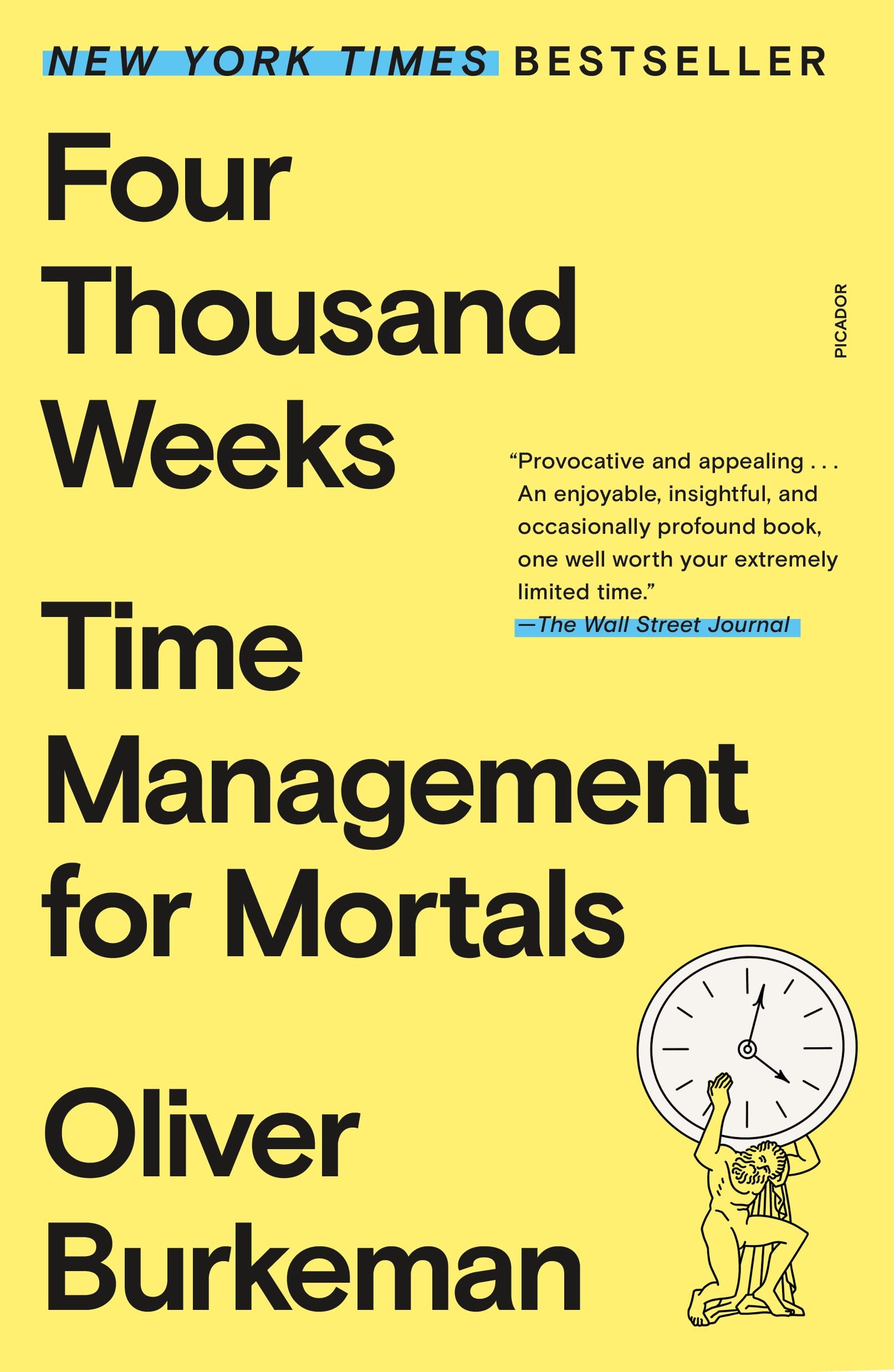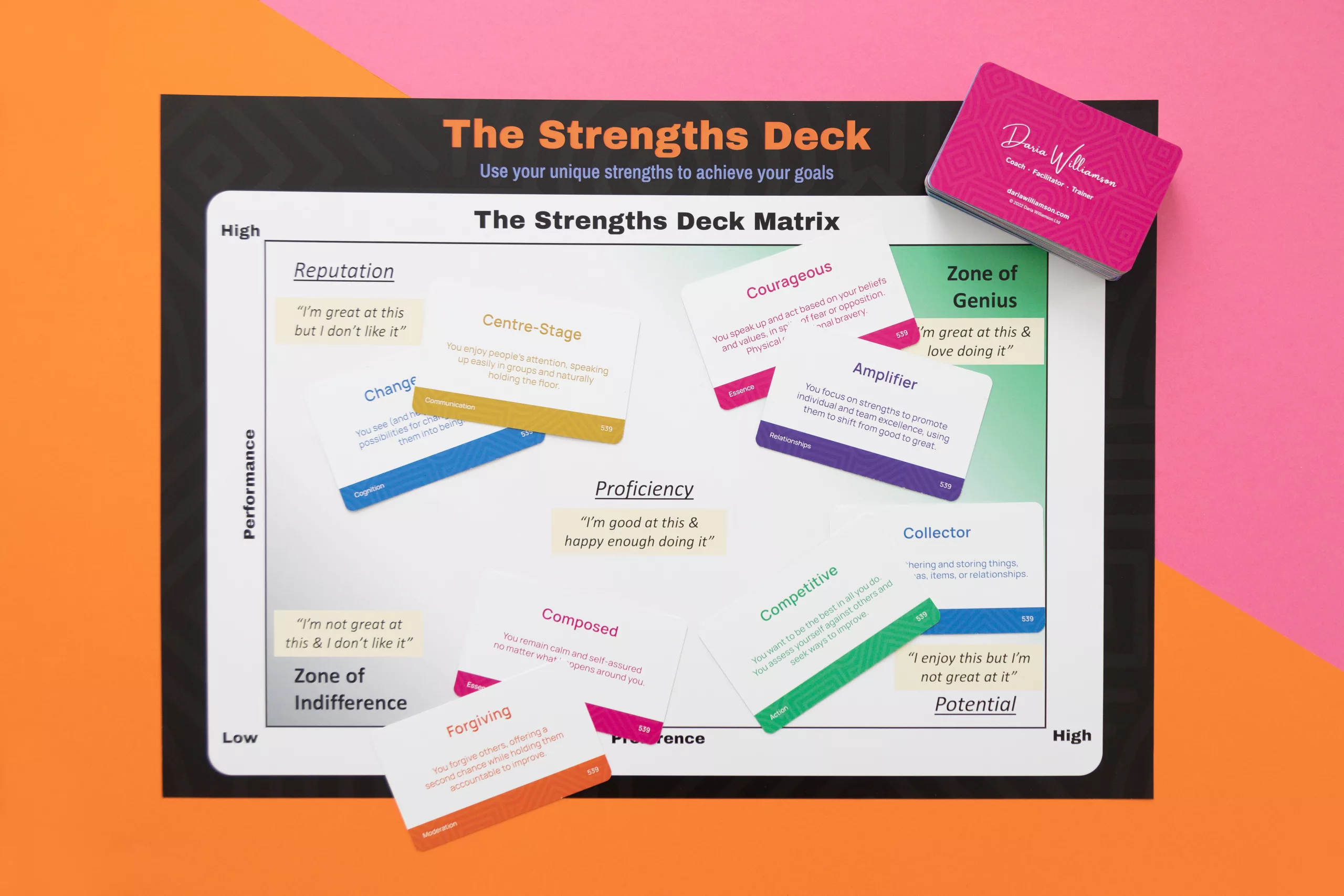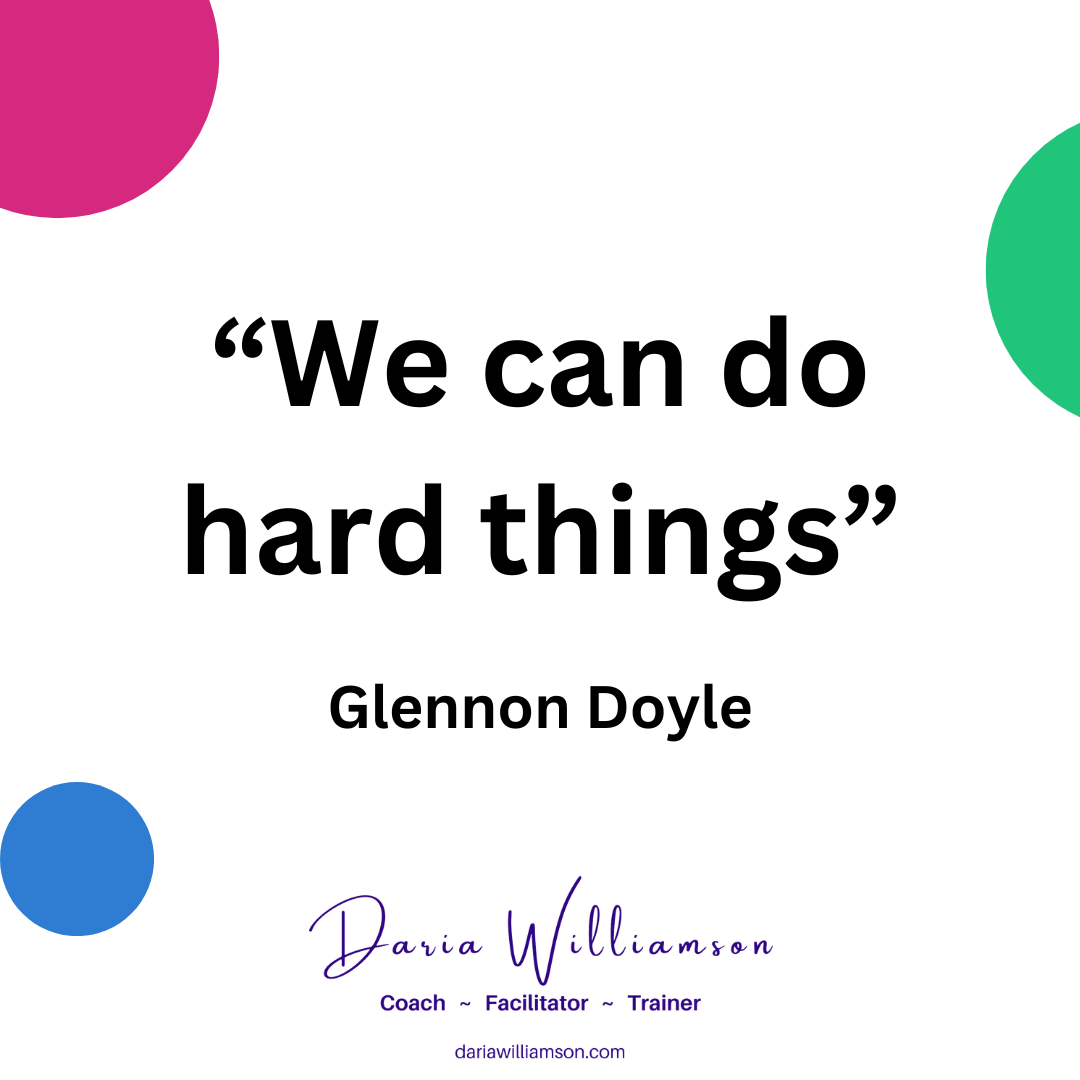Which of your recent failures did decide on in advance?
I know, you’re probably thinking, “Aren’t I meant to be planning for my successes, not my failures?”
The short answer is, “No”! Read on to find out why you need to proactively plan your failures.
The importance of planning for your failures
If you don’t plan out your failures in advance, then you can get sucked in to focusing on things that don’t really matter. And you can get taken by surprise with the amount of time, effort, and energy that the non-meaningful activities required.
You could end up failing at the very thing you wanted to succeed at.
Four thousand weeks of failures
I’m kind-of obsessed with Oliver Burkeman’s book, ‘Four Thousand Weeks‘. I first read it when it came out in 2021. And I’ve recently spend two months dissecting and discussing it with my Personal Mastermind book club.
The title of the book is drawn from the fact that the average human lifespan is 4,000 weeks long. And, because we’re all human and imperfect, that adds up to 4,000 weeks of failures.
One of the key points Burkeman makes throughout the book is that failures are an inevitable part of life, so we might as well choose which ones we will experience.

Failures are completely unavoidable (unless you're dead)
Rather than trying to duck and weave and avoid those failures, isn’t it better to face up to them?
When you choose ahead of time what you are going to bomb at, you make one decision that makes a whole lot of other decisions for you. You no longer have to give your everything to that thing, because you’ve already decided you aren’t going to try to win at it.
Failures are the gateway to success
Once you’ve decided what doesn’t merit your time and energy, you’ve freed up your time, energy, and creativity to focus on the things you want to succeed at.
And you can go all-in on them.
The failures you’ve pre-selected become the gateway to doing what you really want to do, and getting the results you really want to get.
Taking my own medicine: what I've chosen to fail at
Life and work have been pretty intense for me recently. I’ve onboarded some wonderful new clients, navigated a significant change in my personal circumstances, finished editing the draft of my first book (that’s a story for another day!), and started actively promoting my strengths-development tool, The Strengths Deck. And that’s all while keeping up with my responsibilities to existing clients, colleagues, family and friends, and maintaining an active presence on LinkedIn.
To make way for succeeding at those things, I had to choose what I would bomb so that I didn’t blow everything.
Among the failures I decided to embrace for this season are:
- Pausing my blog writing both here and on strengthsdeck.com
- Outsourcing some of my admin (not the writing though, that’s still all me!)
- Doing work that I’m capable of and competent at, but doesn’t light me up
- Responding super-quickly to most emails, texts, and messages
- Socialising with friends and family
The effects of choosing what you'll fail
Choosing your failures means you:
- Free yourself from the myth that you can do everything perfectly all of the time
- Create time and space to look after yourself
- Give people around you permission to embrace their humanity too
- Have the opportunity to step away from things that don’t line up with your values, or that drain your tank
Your failures don't have to be permanent, unless you want them to be
The great thing about choosing your failures is that your choices don’t have to be permanent, unless you want them to be (except in rare situations like choosing to fail the exam that would allow you to apply to medical school!).
You can choose to fail at something for a season. I’m currently choosing to fail at socialising. But it’s a temporary failure. In the next few months, some significant transitions will free up my time and energy to focus back on my social life.
In the meantime, I’m being clear with people about why I’m in hibernation, and when I expect to re-emerge onto the social scene. And most people are supportive, because they understand that every decision we make involves trade-offs.
Of course, we all have responsibilities and obligations. I’m not suggesting that you can skip out on everything you don’t want to do! Instead, why not take a step back and ask yourself which things in your life and work are the non-negotiables that you want to succeed at. And define which ones you will look back on from your rocking chair and think “That never really mattered”.
Then set your mind to failing at the unimportant things, so that you can truly succeed at the meaningful things.





